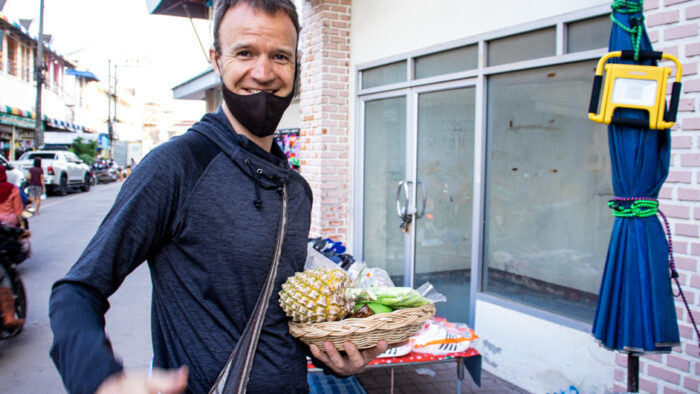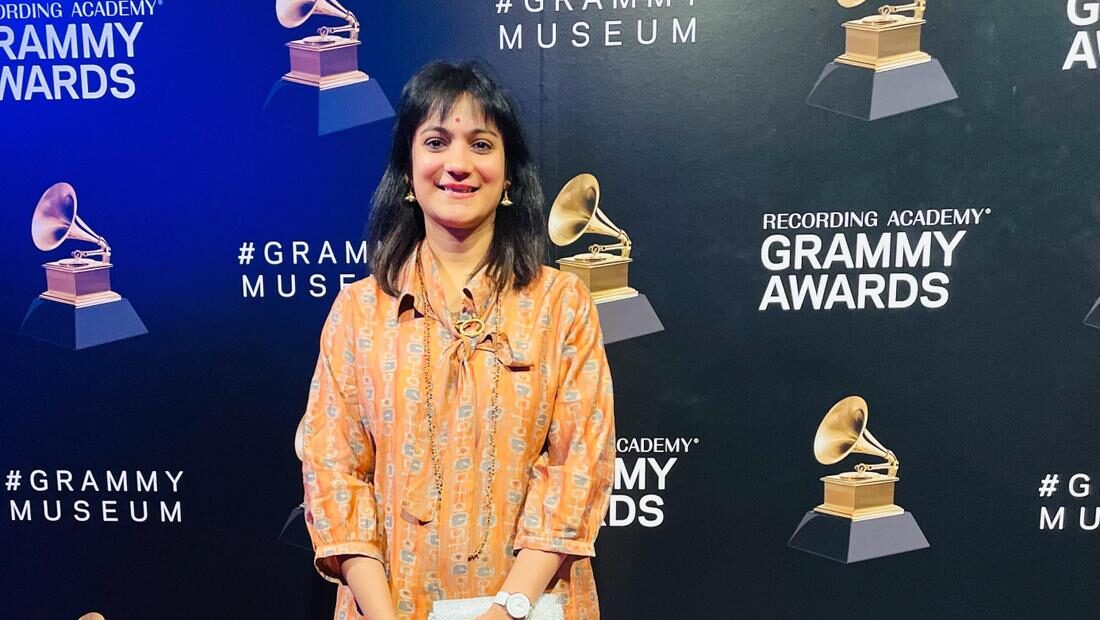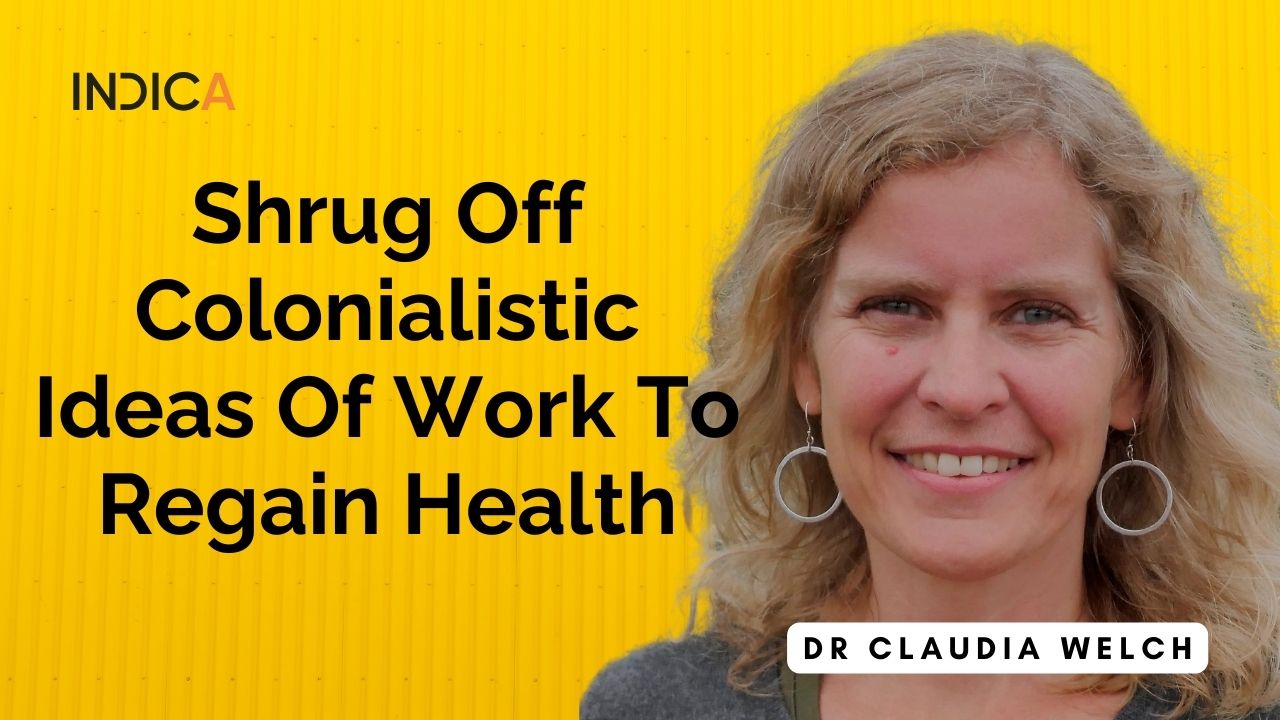The Holistic Chef - Jamie Raftery is proud to be one of the first recipe bloggers in the world to display the 'Food Carbon Footprint' on his recipes. This information is to be found after the nutrition label on the bottom of the recipe card.
He started his culinary adventure at the age of 15, washing pots and pans in a busy hotel in Galway, in West Ireland. A decade later he was cooking on the meat section at the stylish ‘The French Laundry’, Napa Valley, California and after another ten years he was at The Holistic Chef cooking plants in the jungles of Phuket, Thailand.
One of his most memorable events, he says was curating a 25 course menu for 100 people from a horse stable festival style kitchen for a friend's wedding. Each course was a classic flavour profile inspired from a different region around the world where the bride and groom had travelled.
One of the few chefs to be awarded Gordon Ramsay’s prestigious scholarship, Jamie spent his illustrious career working alongside some of the world’s best chefs, including Michael Caines, Thomas Keller, Heston Blumenthal, Gordon Ramsay and Corey Lee. Jamie is renowned for his unique style of flavoursome, creative cuisine inspired by ancient Ayurvedic philosophies and his world travels. See his article on Ayurveda Raftery_Sangha_MacroVeda (1)
At the age of 31, he says the pursuit of Michelin star excellence and perfection was taking its toll on him. A three month sabbatical in 2015 with Rasmus Koefoed in Copenhagen, Denmark, introduced him to “biodynamic farming, foraging and the fascinating world of wild fermentation.”
Jamie says he never imagined that he would ever go off meat. “The idea of veganism seemed totally limiting to me as a classically trained chef. It all happened by chance and marked a major turning point in my career and personal life.”
It is so exciting to see your recipes indicating their carbon footprint. We recently did a story on India's low carbon footprint diet: https://www.softpowermag.com/indian-dietary-guidelines-have-smallest-carbon-footprint-prof-diego-rose-tulane-university/ How do you optimize nutrition while decreasing carbon footprint in your cuisine?
Yes, this is so exciting It's something I have dreamed of for years. Recently I was introduced to MyEmissions who created a database of ingredients and their average carbon emission. I am one of the first round of recipe publishers in the world to include this feature on my recipes which is very exciting. I believe this is invaluable information to communicate to people alongside the nutrition content of the recipes.
The main culprits for greenhouse gases and carbon emissions are animal based ingredients, so for my 100% plant-based recipes the majority will have a low carbon emission rating. Avocados and Cacao for example, are two ingredients that use a lot of water so I use these in moderation.
I always promote eating locally sourced and seasonal foods. Food waste also needs to be addressed as this is completely unsustainable and a waste of resources. Here in Phuket, I partner with SOS, a surplus food redistribution organisation who work hard to reduce food going to landfill and redistribute edible surplus food to those in the community who need it most.
Your journey from Ireland to Thailand is also one from a high meat based diet to a vegetarian/vegan one. The persuasion to make this transition is usually based on emotional messaging by various groups. What inspired you to shift?
My journey from Ireland to Thailand was a 21 year culinary adventure. My transition happened by chance with no persuasions.
I was on a culinary tour of Northern Thailand in 2015, I took a 2 month break from my high paced work in the UK to recharge my batteries. I signed up for a Muay Thai boxing camp to get myself back in shape. While at a food market I saw rats running around the meat so I decided not to eat any meat while on my Thailand tour. I took this opportunity to research more vegetarian and vegan food. As I started to feel healthier, cleaner, lighter and fresher I decided to continue on with my animal-free eating lifestyle and focus my craft on plant-based cuisine. This was a significant turning point in my personal and professional life. To cut a long story short, I followed my intuition, listened to my body and started feeding myself with what I needed to thrive.

How has turning to vegetarianism changed how you feel and to your energy levels?
Since adapting a plant-based lifestyle, I have a more balanced sense of peace and well-being, along with many other health benefits.
My body feels lighter, fitter, cleaner, fresher and more vibrant. My digestion runs like clockwork and with a strong immune system, I cannot even remember the last time I had a cold or flu. All my annual blood tests are on par and I currently have the metabolic age of a 24 year old!
I feel more positive, motivated, compassionate and creative.
Contrary to popular belief; I have not suffered from a protein shortage or calcium deficiency! Quite the opposite, with regular fitness routines and a varied wholefood plant-based diet, my body is in the best shape of my life.
My athletic performance has gone through the roof, I do regular CrossFit, Yoga, Marathons and Muay Thai training.
With professional athletes, celebrities and even political figures progressing to a plant-based diet, why not the rest of us?
We can work towards this by consciously reducing our animal consumption. When we consider that animal production has led to more problems in our world than solutions, it just makes sense.
You have worked in many Michelin star groups. Nicholas Beaumont of the Michelin group told us at a recent conference that they strive to recognise sustainable, regional cuisines rather than any desirable global cuisine. How is their idea of sustainable cuisine different from yours?
Kudos to the Michelin guide for finally recognising restaurants for their sustainability efforts. I think it is a sign of them moving with the times. The days of so-called 'Luxurious' 3 Michelin star restaurants serving foie gras, caviar and fillet mignon from a Japanese Wagu cow are behind us. These restaurants cannot economically survive in the current climate.
Many chefs are handing back their stars. I'm delighted that Michelin are adapting to celebrate street food, pub food and now sustainability practices. They are a very influential guide worldwide and can really make a significant impact in the global food chain by promoting more sustainable cooking.
'Sustainable' is a trendy word that's been thrown around a lot nowadays! I think many people have different views and opinions of what 'sustainability' actually means!

Chickpea Masala
You have written about Ayurveda and Macrobiotic cuisine. Ayurveda has a different way at looking at the body, at diet and at health. An Ayurvedic diet requires great awareness of one's body. How and where did you train for this?
I am still training! I believe it will be a lifelong learning experience.
We really must learn to tune in and listen to our bodies signals 'all answers lie within'. Our body tells us everything we need to know, we need to learn and develop the awareness to listen and take action.
By listening to my body and tuning into what it craves and needs to thrive, I have evolved to a 100% wholefood plant-based lifestyle over the last 6 years. This has been an incredible personal journey and culinary adventure.
The choices we make about what we eat, where it comes from and how it is prepared, have a direct and powerful impact on the health of individuals, communities and the environment.
Has the pandemic increased awareness about the poor good choices, fast paced lifestyles and lack of panic energy in the general population. As a celebrity chef, how have you introduced people to food's healing values?
From what I see and hear via the various social media platforms and trend analysts is that people are becoming more aware of the need for investing in there health and the impact their purchases have on the environment. I think this is a step in the right direction, BUT, with social isolation, no sporting events, lack of motivation, comfort eating etc many people are putting on excess weight and not achieving their health and fitness goals.
The pandemic has urged me to share more of my recipes and develop more courses so I can share, connect and help more people around the world. I think there are so many people who need encouragement, support and motivation to get cooking healthy food and exercise everyday.
There are many challenges in the way.. the big food corporations selling cheap, processed, toxic, convenience foods that are addictive, together with an increase of sedentary lifestyles with so many people glued to their 'Smart' phones and laptops.
Finding true health takes daily discipline and commitment. So many people give up too early. I am dedicating my career to educating, inspiring and empowering more people to realise the power of foods for healing and thriving in life.

Bhindi Masala
Where have you learnt your Indian recipes from? The bhindi masala for instance.
I learn a lot from Youtube and I also have an Indian Ayurvedic doctor friend who shares some recipes with me. I wish to travel to India again and spend some time learning authentic Ayurvedic recipes and healing remedies.
India is among the few cultures that gives prominence to the 5 elements. How does this influence your approach to cooking?
I see our bodies are a result of what we eat and most importantly what we can digest effectively from what we eat.
We need certain foods at different times throughout the year which is why it's so important to eat locally and seasonally.
Earth grounding root vegetable are needed in the Autumn to sustain us through the winter time, while uplifting shoots, flowers and vegetables in the Spring are needed to energize us through the summer.
I believe one of the best way to connect with nature, earth and our true essence is through the food we eat and gratitude for this food every day.
Air, Earth, Ether, Fire and Water all work in perfect harmony to transform a seed into a vegetable, fruit or grain to nourish all living beings. To me this is magical. There is so much we can learn from nature and so much to be thankful to mother nature for.
As Indian society has grown and been influenced by the West, we are losing some of our culinary traditions. Do you see an interest for them among your peers?
I see a highly detrimental Western influence of highly processed, toxic, convenience fast food corporations infiltrating many developing and developed countries.
Many developing countries are not provided enough basic education around healthy food, lifestyle and eating.
Its both sad and concerning that culinary traditions and cultures are fading away around the world.. These took centuries to develop and are now at a risk of becoming extinct, due to mass produced factory foods.
Among my peers I see the upward trends of farm to fork principles, as well as supporting more sustainable farming and growing practices. I believe more and more culinary leaders will be looking to the past for inspiration and reenacting age old culinary traditions.
India is a huge country with many regional cuisines. However what passes as Indian food in big restaurants abroad does not do justice to this diversity. How do we get international chefs to be more interested in our cuisine?
Yes indeed, India is such a huge nation with an incredibly diverse culinary heritage.
The medium of Internet can connect the world. I think an online database of Authentic Indian cooks documenting and sharing classic recipes in a way international chefs and cooks can absorb the knowledge will be very popular and a great way to introduce more people to the diversity of Indian cuisine, people, history and culture.
Do you think that the spread of Yoga has been a big factor in people turning to vegetarianism?
Yes, I believe this started a wave. It made people stop and take note of their impact and bring more awareness to their actions. Yoga is getting more and more popular in the West, while developing all sorts of variations! We need more yoga teachers to inspire more people to embrace the Yogi lifestyle.
What are your favorite Indian recipes? What images and ideas of our country do they conjure up for you?
I love dals, chána masala, dosa, kitchari, curries, Indian breads.. Fresh chapati and naans!
Colour - diversity - depth of flavor - culture - history!
How Indians view vegetarian food is very different from how the West sees vegetarian food. https://www.hindustantimes.com/brunch/indian-and-western-vegetarians-look-for-entirely-different-things-in-meals/story-Vdi3L1R68B80Ae7DBebc6K.html. How do you negotiate this difference
This is a great article and good example of cultural differences at play.
From living and cooking in Thailand for three years I've learnt that we cannot change peoples cultural love of their native food.
I've been fortunate to travel a lot on different culinary adventures: South Korea, China, India, Thailand, Malaysia, Singapore and all over Europe. People have an emotional and cultural connection with the food they grew up eating and sharing with their families and friends.
Some people are open to trying new foods and some people are not.. They like to stick with the familiar flavors they feel safe and comfortable with.
It seems like Chef Alan Passard did not adapt the menu to suit his diners.. This is a slightly arrogant oversight. Chefs should cook for their guests. Not themselves!
'To make people happy, that's what cooking is all about'
I believe a more impactful concept for this dining event would have been in collaboration with a local chef in each regional area of India. They should have included local, regional and seasonal ingredients in a 3 Michelin star dining experience. More of a cross - cultural sharing experience.

In ancient India, the physician was also closely involved with the kitchen. Especially in royal households. Do you see yourself as occupying a similar space?
Yes I do. I believe a well trained nutritional chef is as valuable (maybe even more valuable at times!) as a doctor. Prevention is better than the cure.
'It's not about the quantity of years in your life, it's more about the quality of life in your years'.
Life is about feeling good.
Eat good food = feel good.
Good nourishing food is the foundation of a happy life.
(Link here to his upcoming recipe Ebook Eat 2 Thrive. 35 delicious recipes everyone can enjoy: https://gumroad.com/





